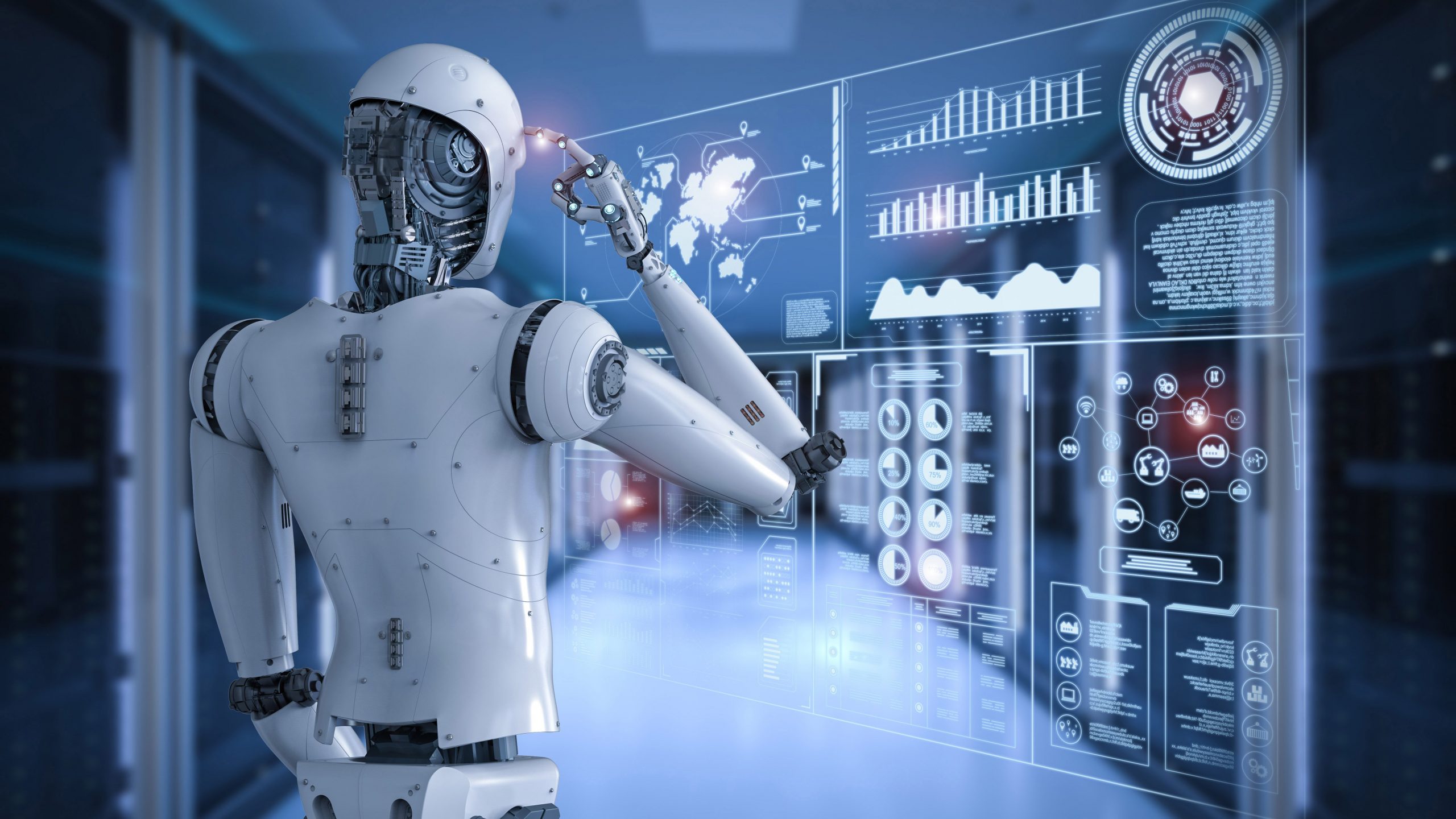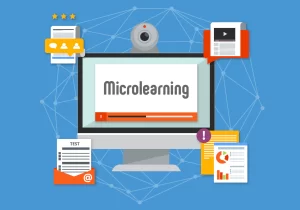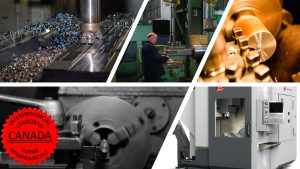
What Impact Does AI Have on Efficiency and Precision in Trades?
In the ever-evolving landscape of trades industries, efficiency and precision are paramount for success. With the advent of artificial intelligence (AI), these essential elements have been taken to new heights, revolutionizing traditional practices and workflows. Let’s delve into the profound impact that AI has on enhancing efficiency and precision across various trades.
Streamlining Operations with AI
AI-powered systems have the remarkable ability to streamline operations in trades industries by automating repetitive tasks and optimizing workflows. For instance, in manufacturing, AI-driven robots can perform intricate assembly processes with unmatched precision and speed, leading to significant time and cost savings. Similarly, in construction, AI algorithms can analyze project schedules, resource allocation, and logistics to identify opportunities for efficiency improvements, ensuring projects are completed on time and within budget.
Enhancing Precision with Advanced Technologies
Precision is synonymous with quality in Trades Industries, and AI plays a pivotal role in elevating precision to unprecedented levels. In machining, for example, AI-enabled machine tools can adjust cutting parameters in real-time based on sensor data and predictive analytics, resulting in flawless finishes and dimensional accuracy. Likewise, in electrical work, AI algorithms can analyze circuit designs and voltage requirements to optimize wiring configurations, minimizing errors and ensuring compliance with safety standards.
Predictive Maintenance for Optimal Performance
Maintaining equipment and machinery is essential for preventing costly downtime and ensuring continuous operations. AI-driven predictive maintenance systems utilize machine learning algorithms to analyze data from sensors, equipment performance history, and environmental factors to forecast potential breakdowns before they occur. By detecting early warning signs of equipment failure, trades professionals can schedule proactive maintenance activities, replace worn components, and avoid unplanned outages, maximizing uptime and productivity.
Personalized Training and Skill Development
AI-powered learning platforms are revolutionizing training and skill development in trades industries by offering personalized learning experiences tailored to the needs and preferences of individual learners. These platforms use adaptive algorithms to assess learners’ strengths and weaknesses, recommend relevant training modules, and track progress in real-time. Whether it’s mastering new techniques in plumbing, welding, or carpentry, tradespeople can access customized training resources and receive targeted feedback to enhance their skills and proficiency.
Real-Time Data Analytics for Informed Decision-Making
In the digital age, data is a valuable asset, and AI enables trades professionals to harness the power of real-time analytics for informed decision-making. By collecting and analyzing data from sensors, IoT devices, and equipment, AI algorithms can provide actionable insights into operational performance, resource utilization, and efficiency metrics. Trades managers can leverage this data to identify trends, optimize processes, and make data-driven decisions that drive continuous improvement and competitive advantage.
Conclusion:
In conclusion, the impact of AI on efficiency and precision in trades industries is undeniable. From streamlining operations and enhancing precision to enabling predictive maintenance and Personalized Training, AI-driven technologies are transforming traditional practices and shaping the future of trades. By utilizing AI and leveraging its capabilities, trades professionals can unlock new opportunities for efficiency gains, precision improvements, and overall excellence in their respective fields. As AI continues to evolve, its role in trades industries will only become more profound, paving the way for innovation, growth, and success.



